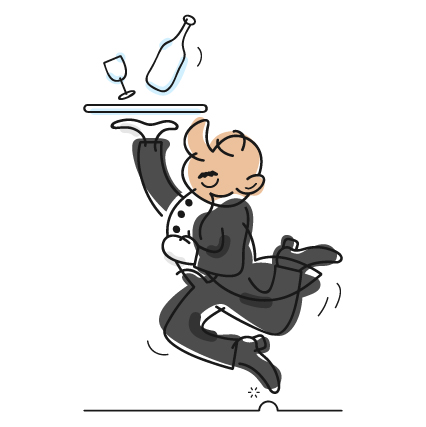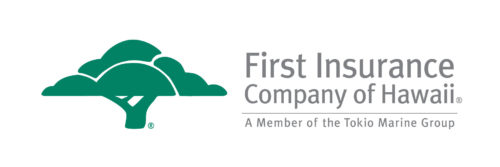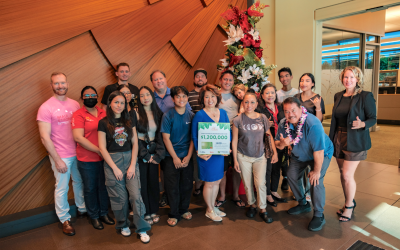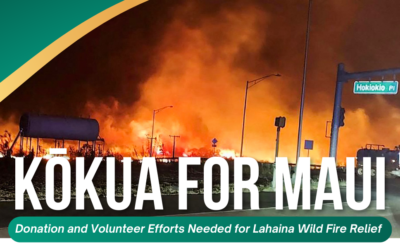Slips, trips, and falls account for the majority of industrial accidents among employees, and they account for a huge percentage of claims by customers against retailers and restaurants … even in paradise.
All it takes is a little water, grease, or other type of spill for a customer to slip and fall. And there are many other potential slip, trip and fall exposures, such as uneven walking surfaces, turned-up rug corners, wet sidewalks, poor lighting, or clutter in the aisles. Any one of these circumstances can lead to a costly liability claim, and if the injured customer requires surgery or extended medical care, those costs can easily surpass your Premises Medical policy limits.
Did you provide Reasonable Care?
Providing Reasonable Care just means you did everything you could reasonably be expected to do to protect your customers from injury. Before determining negligence and liability, a court will look at what steps you’ve taken to create and maintain a safe environment for your patrons.
How do you prove you’ve done that? With a well-documented spill monitoring system and thorough records of your precautionary actions including safety procedures, training, use of caution signs and regular store monitoring. Without that documentation, you’ll have a hard time convincing a court that you did everything you could to prevent an incident. If you are unable to prove that you exercised Reasonable Care, you could be hit with a one-two punch of medical and legal costs.
What if the hazardous condition wasn’t directly created by you or an employee? You still have to correct the condition or be held liable if you discovered it and failed to remedy it. Even if an incident occurs and you had no prior knowledge of the hazard, you could still be liable if the hazard is something you should have caught and fixed.
Prevention starts with awareness.
Awareness of slip and fall hazards has to start at the top with the business owner. Every employee must be trained to proactively maintain a safe environment and watch for hazards. Most potential slip and fall hazards can be prevented with regular inspections, so awareness is the first step toward avoiding a potentially costly incident. There are also numerous ways to help prevent slips and falls, including:
• Practicing good housekeeping and avoiding clutter
• Keeping floors clean and dry, and posting warning signs around wet floors
• Maintaining clear aisles and passageways
• Ensuring walkway surfaces are in good repair
• Immediately reporting and cleaning up spills
• Minimizing matting trip hazards
• Providing adequate lighting in all areas
Protect your customers, your workers, and your profits.
A few simple precautions can help you keep your customers and employees safe from slips and falls this rainy season. Also, make sure your business has adequate liability insurance coverage. Talk to your FICOH agent to learn more.
Sponsored by First Insurance Company of Hawaii / www.ficoh.com / Email Contact@FICOH.com





0 Comments